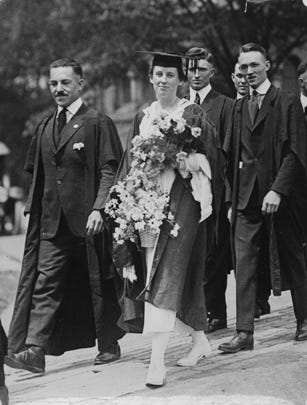
News
• This week we’ve added a new button, a Tip Jar, where you can leave your morning barista — or, I guess I mean, poetista — a small one-time tip as a thank-you for prompt and pleasant service. The finances are run by a site called “Buy Me a Cup of Coffee,” which is by all reports safe, secure, and reliable, and less complicated to use than more elaborate systems such as Patreon.
Keep reading with a 7-day free trial
Subscribe to Poems Ancient and Modern to keep reading this post and get 7 days of free access to the full post archives.



